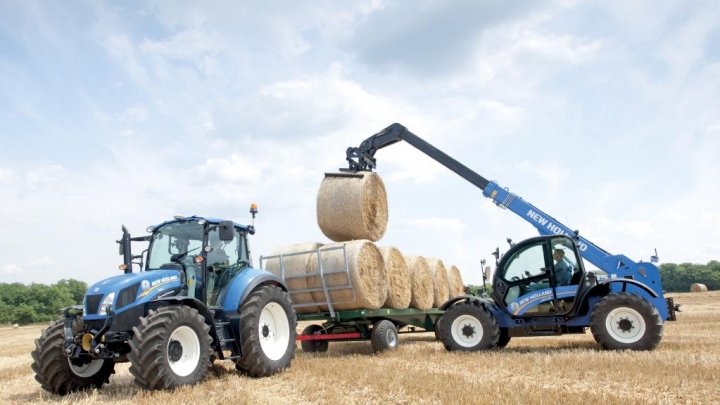If you operate or own a fork lift truck, you will have a legal obligation to ensure that a report of thorough examination is held and is valid. This will apply whether it is leased, owned or hired. If you fail to comply this could end up disastrous for you and lead to you being prosecuted or your insurance being invalidated. Worst of all, a serious accident could occur due to faulty equipment.
A national scheme for thorough examinations of fork lift trucks has been formed by the Fork Lift truck Association (FLTA). Like cars legally must have yearly MOT’S, a fork lift truck must have these annual inspections. There are 2 legislations currently in place for fork lift inspections, The LOLER and PUWER legislations.
Lifting Operations and Lifting Equipment Regulations (LOLER)
The above legislation came into place in 1998 and places duties on companies who operate, own or have control over lifting equipment. It also includes any business and/or organisation whose employees use lifting equipment, regardless of whether it is owned or hired by them.
LOLER states that any lifting operation which involves lifting of equipment must be thoroughly planned by someone who is competent, appropriately supervised and carried out in a safe manner. LOLER also requires all equipment used for lifting is fit for its purposes and that it is appropriate to carry out the task.
Always ensure lifting equipment is thoroughly examined before its first use, also after installation or reinstallation. There may be times that the equipment is exposed to conditions that may cause danger, so this is another example of when an examination would need to be carried out.
Provision and Use of Work Equipment Regulations (PUWER)

PUWER was originally introduced in 1992 following the European framework directive on health and safety, this was revised in 1998. In general terms PUWER sets out regulations which require that equipment provided for use at work is suitable for its intended use/s, and that it is safe to use. To ensure that it is always maintained in a safe condition. PUWER also states that only people who have received adequate training and information. It is highly important that the equipment is inspected to ensure it remains safe to use.
If the competent person finds a defect with any lifting equipment during the thorough examination and/or inspection which in their opinion is, or may become a danger to people, it must immediately be reported to the relevant people. A full investigation would need to be carried out to identify what caused the issue.
So, if your wandering who can carry out these examinations? The LOLER and PUWER 98 regulations simply require that a thorough examination is carried out by a competent person. It may be an experienced fork lift truck engineer or maybe even a specialist inspector working for an insurance company or equipment inspection company.
At the time of the examination a report will be written. If no defects or faults are found, then the fork lift truck can continue in use. If a defect is found but it isn’t going to create an imminent risk, the examiner will advise how long you have to rectify the fault. The defect would need to be solved within that period. Alternatively, the fork lift truck may be taken out of use until it has been resolved.
Jamie Willis
